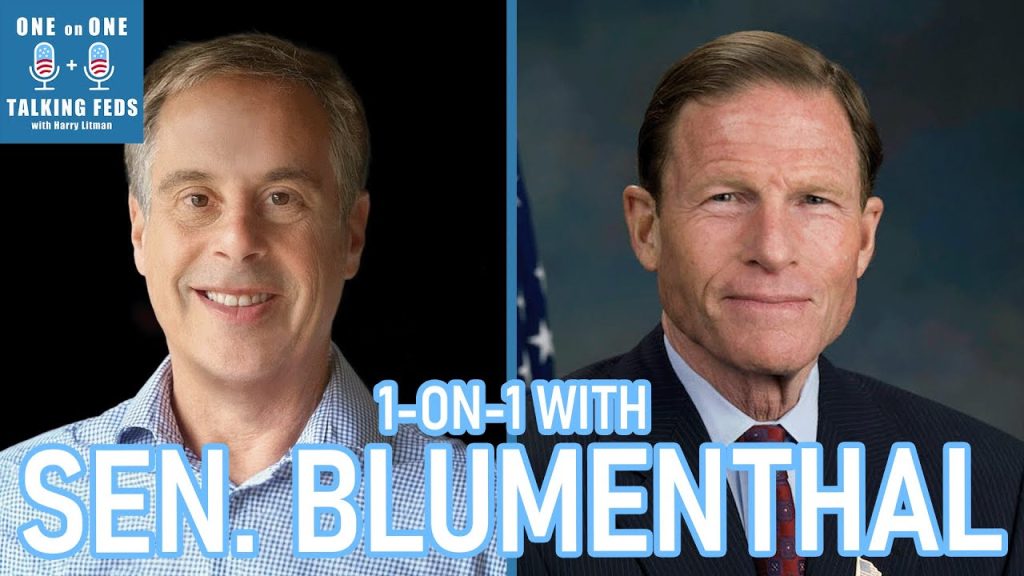In a recent interview on “Talking Feds,” Senator Richard Blumenthal shed light on the controversial Department of Government Efficiency initiative, often referred to as ‘Doge,’ which has been described as a $21.7 billion boondoggle. Joined by host Harry Litman, Blumenthal delivered a scathing critique of the operational chaos and financial mismanagement that have plagued this ambitious project.
The discussion began with Litman’s characterization of the chaotic atmosphere during the Trump administration, particularly emphasizing the periods of confusion that surrounded the Doge initiative. The senator pointed out that, despite its initial promise to streamline government operations and innovate efficiency, the initiative devolved into a costly debacle.
Doge was presented to the public as a forward-thinking program, intended to integrate cutting-edge technology and modernize government processes. However, according to Blumenthal, it quickly became clear that the program was unduly influenced by the unpredictable nature of the then-President Trump and his close associations, notably with tech mogul Elon Musk. The initiative was marked by a lack of direction and accountability, ultimately resulting in wasted resources and a lack of meaningful outcomes.
The Senate Permanent Subcommittee on Investigations recently released a comprehensive report examining the ramifications of the Doge initiative. The findings reveal a staggering amount of misappropriated funds and inefficiencies. Blumenthal highlighted several critical takeaways from the report, including the inadvertent creation of additional bureaucracy instead of the promised streamlined operations. Instead of enhancing productivity, Doge seemingly exacerbated operational inefficiencies across several departments.
Senator Blumenthal’s remarks resonated with concerns that have been shared by many in the government and financial sectors. The senator recounted testimonies from various stakeholders who became entangled in the initiative, showcasing a pattern of confusion and miscommunication that thwarted progress. “What we have witnessed is not just a financial blunder,” he stated, “but a profound failure of leadership and accountability. Taxpayers deserve better than a hollow promise of efficiency that results in billions lost.”
The Doge initiative stands as a cautionary tale about the perils of hasty decision-making and the consequences of relying heavily on celebrity influence within governance. Blumenthal’s emphasis on the need for transparent procedures and checks and balances echoes a broader call for reform in how government approaches technological innovations and expenditure of public funds.
As discussions continue in Washington regarding accountability and financial management, Blumenthal’s revelations serve as a potent reminder of the urgent need for oversight and responsible governance. Moving forward, it is crucial that policymakers take heed of this costly misstep to prevent similar failures in future initiatives.
With the public now more aware of past inefficiencies, the focus may shift towards how the federal government can reclaim lost trust and ensure that taxpayer dollars are spent effectively. Senator Blumenthal’s unfolding narrative about the Doge initiative not only raises significant alarm over the mishandling of funds but also fosters a dialogue about the future of government efficiency. As the landscape of politics continues to evolve, accountability remains a critical pillar in restoring the public’s confidence in governmental operations.



